Publication Gallery for those interested
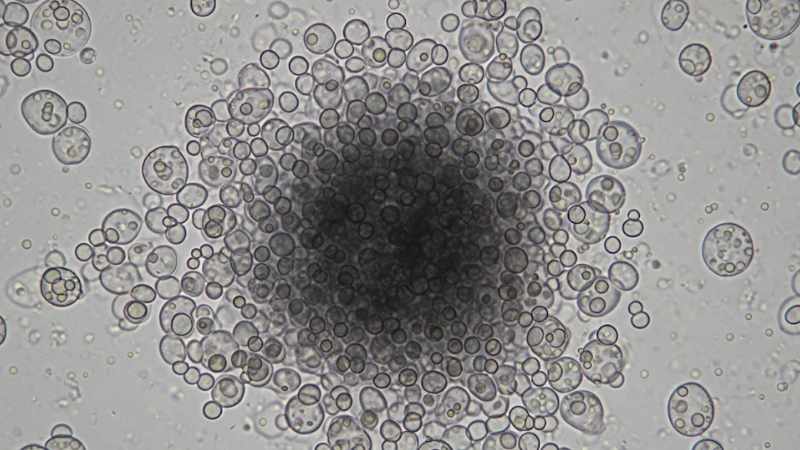
The pH Switch: Unraveling Yeast Flocculation for Enhanced Bioproduction
Komagataella phaffii is a vital yeast in biotechnology, particularly for producing proteins. Understanding its cellular behavior is crucial for efficient industrial processes. This study reveals that K. phaffii surprisingly forms reversible cell clumps, known as flocs, when exposed to mildly acidic conditions around pH 4.
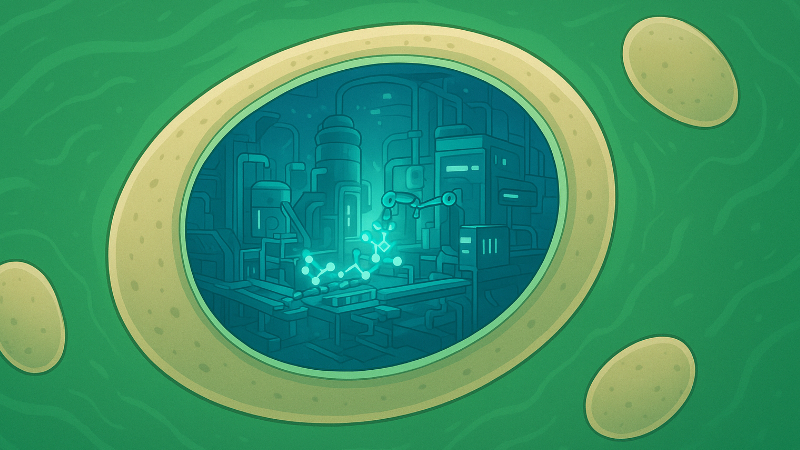
Yeast’s Secret Weapon: The MFa Signal Sequence Revolutionizing Protein Production
Unlocking the potential of yeast to produce vital proteins for medicine and industry relies heavily on efficient secretion. This review delves into the mating factor alpha (MFa) signal sequence, a natural “shipping label” in yeast, which has become a cornerstone for guiding desired proteins out of cells.
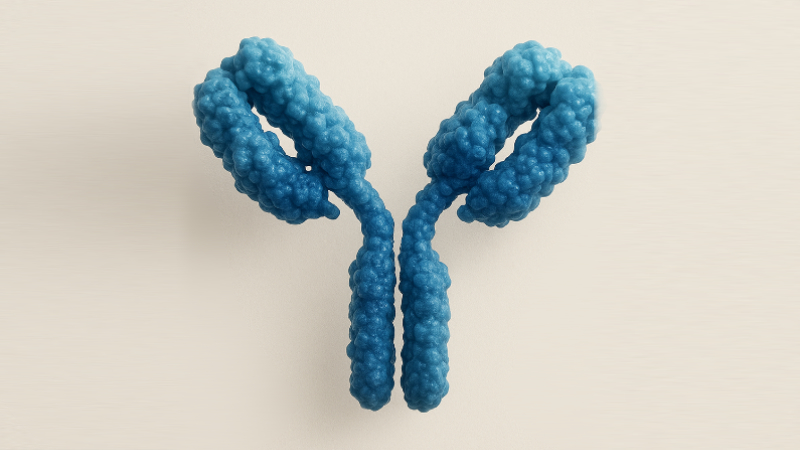
Accelerating IgG Analysis: A Rapid Method for Blood Plasma and Biopharma Production
Immunoglobulin G (IgG) quantification is vital for medical diagnostics and the production of biopharmaceuticals like Intravenous Immunoglobulin (IVIG). Existing methods often lack the speed and compatibility needed for modern high-throughput demands. This study introduces and partially validates a new, highly efficient analytical method using affinity chromatography.

Enzymatic Keys to Green Recycling: How Bio-Polyesters Break Down for a Sustainable Future
The escalating plastic waste crisis demands sustainable solutions, particularly for packaging. This research investigates the enzymatic degradation of next-generation bio-based plastics, poly(butylene succinate) (PBS) and poly(pentamethylene 2,5-furanoate) (PPeF). Scientists explored how these polymers, their physical blends, and block copolymers decompose using *Humicola insolens* cutinase, a specific enzyme.
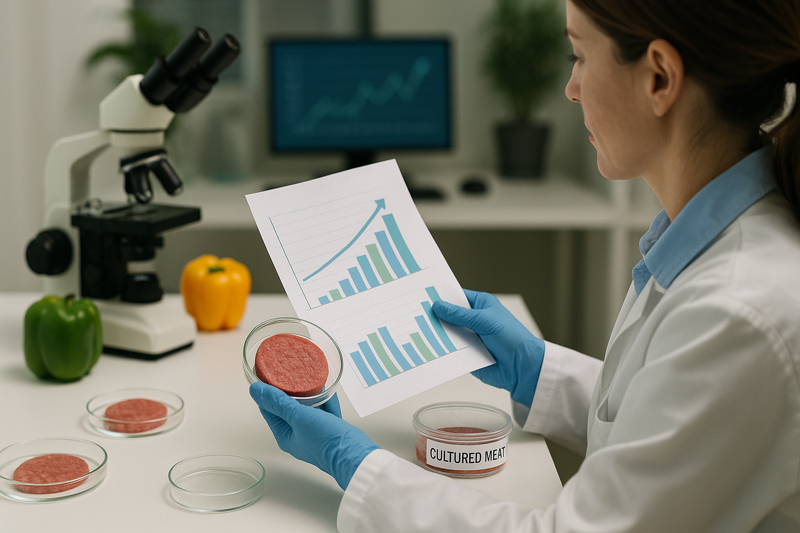
Cultivated meat just got closer and potentially cheaper
acib research: Cheap food ingredients replace expensive proteins in cell media. This reduces costs (by up to 73%) for cultured meat and biopharmaceuticals and promotes sustainability. An important step toward more affordable cell culture technologies.

Tiny Virus, Big Challenge: Making Gene Therapy More Effective and Accessible
Improving efficiency of gene therapy: acib researchers and partners are tackling the complex challenge of purifying Adeno-Associated Virus (AAV) vectors, paving the way for more effective and accessible advanced medical treatments.
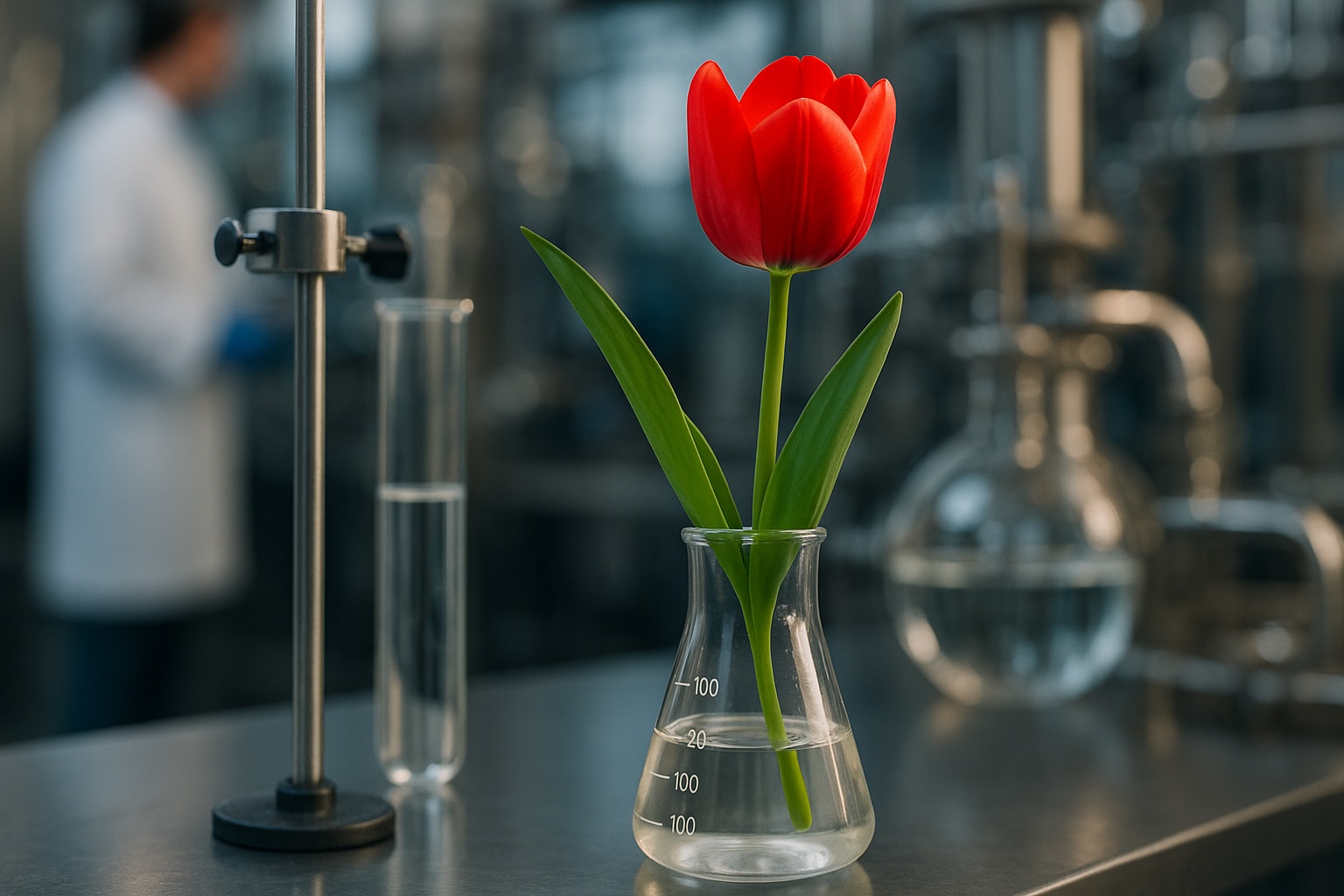
Boosting Enzyme Power for Better Polymers.
Scientists are always looking for cleaner, more efficient ways to make the materials we use every day. One interesting building block is Tulipalin A, which can be used to make special types of plastics and other valuable products.
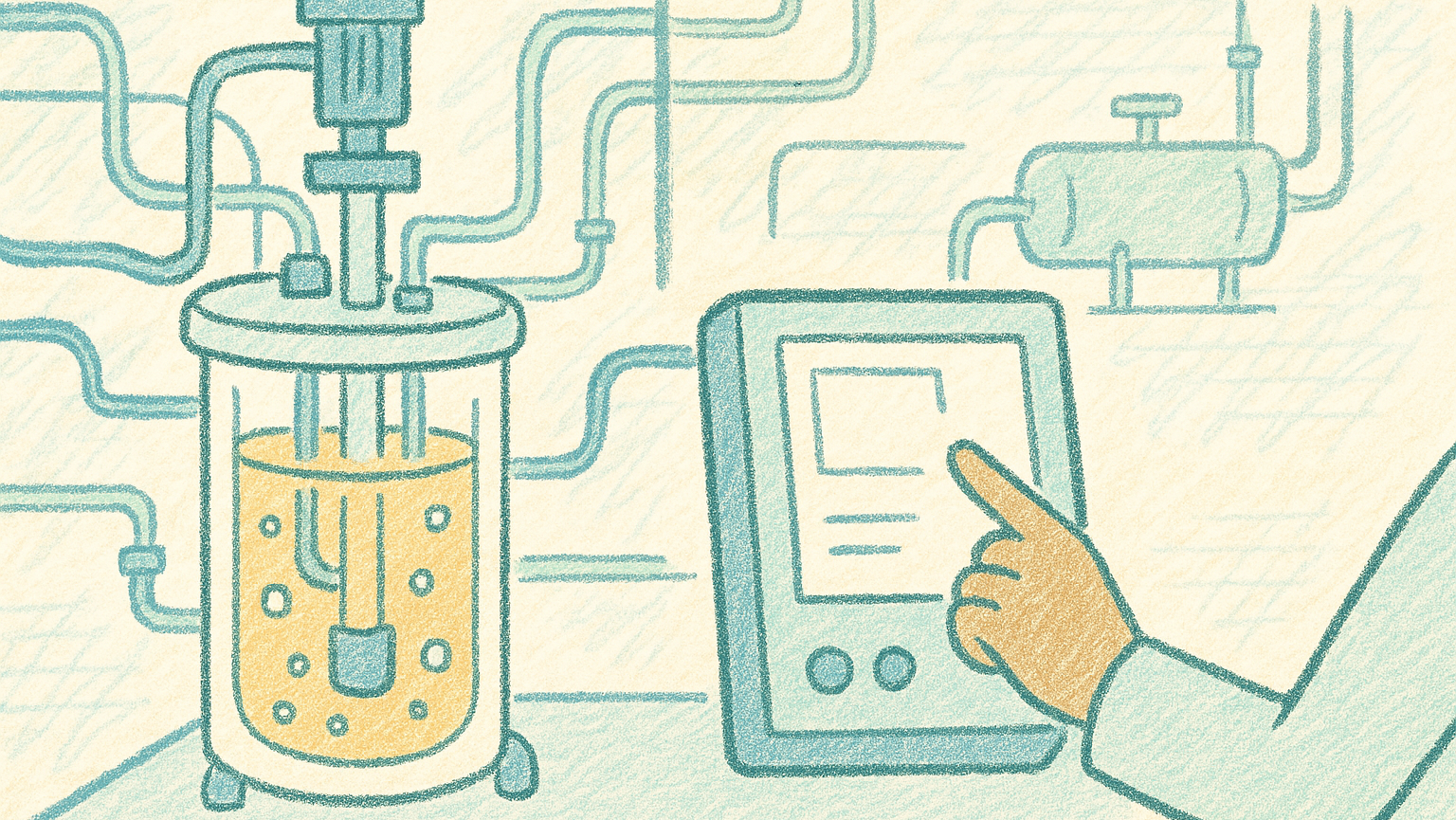
Scientists Make Microbe Produce Important Building Block from Simple Source
New genetic tools for a promising microorganism could lead to greener industrial processes.
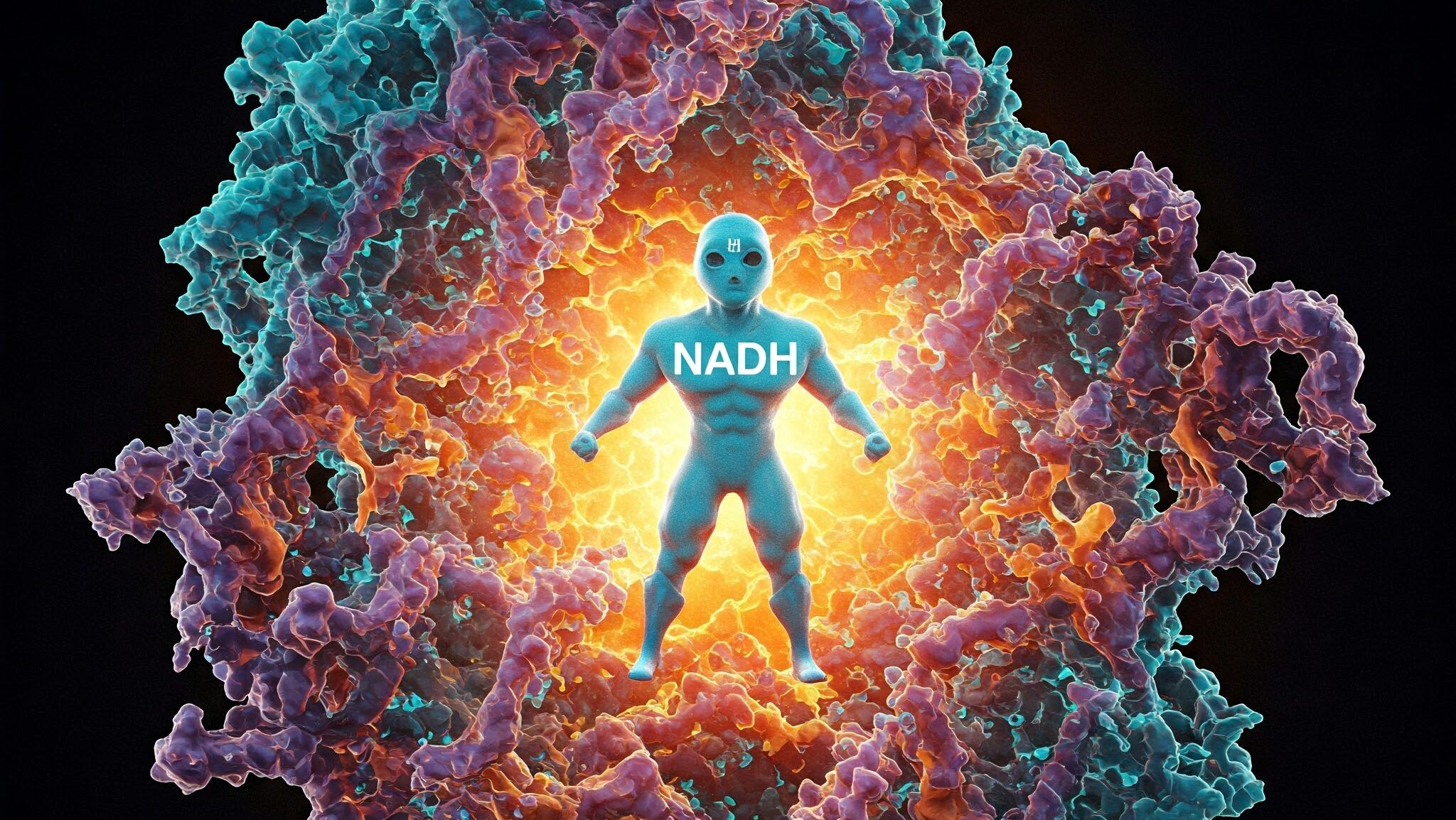
Turning Acids into Fragrances: A Greener Approach
Scientists at acib GmbH are exploring a new, environmentally friendly way to transform carboxylic acids – common components in organic matter – into valuable aldehydes and alcohols.

Biocatalytic Heteroaromatic Amide Formation in Water Enabled by a Catalytic Tetrad and Two Access Tunnels
Green chemistry in action: Our enzyme SpL enables the efficient production of important amide building blocks for drugs directly in water! Faster, cleaner, more sustainable – a breakthrough for industrial biotechnology.

Carrier-based immobilization of the Aerococcus viridans L-lactate oxidase
Scientists studied how to attach an enzyme called L-lactate oxidase (LOx) to tiny beads (carriers) so it can be reused, for example, in sensors or chemical production.

Building Blocks for Modern Medicine: A Greener Way to Make C-Nucleosides
Scientists have developed a highly efficient new method using enzymes – nature’s catalysts – to produce special molecules called C-nucleosides.